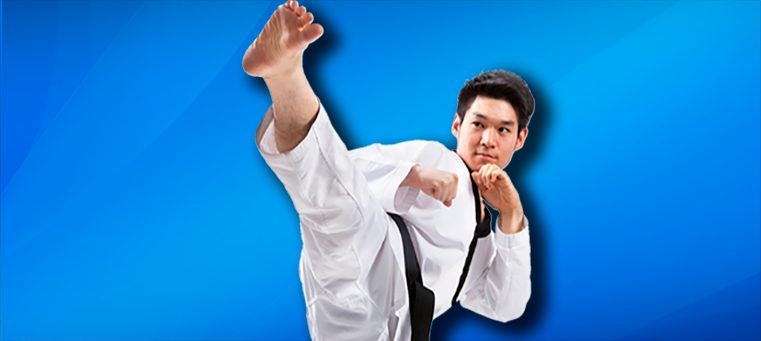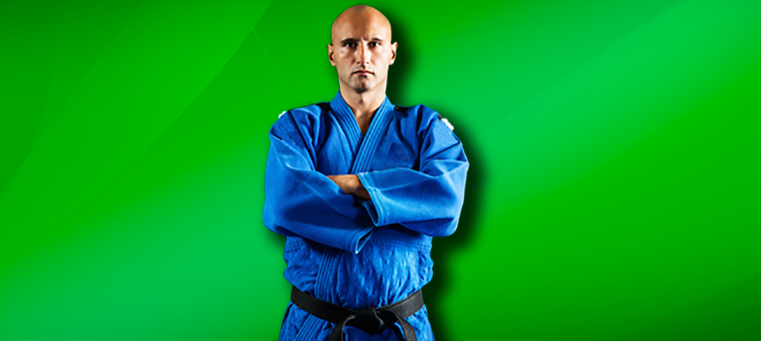There is absolutely no doubt that confidence can go a long way in providing a sense of – and a posture of – personal security, especially for children. Your child’s self-confidence is what lays the foundation for his or her future health and happiness, both mentally and physically. A child’s confidence stems from the environment that they grow up in and how they are taught to perceive and react to their experiences. A household that can provide stability and security will also instill confidence.
Steps to make your child feel secure and confident
- The most basic step is to appreciate and praise your child when he or she does something good or completes a given task. Giving him or her the required attention can boost his or her sense of security and self-confidence.
- Listening is an art form in which most of us fail miserably! But you can’t afford to fail at it when it comes to children. When you listen to your children you’re basically opening the doorway to fruitful communication and trust with them. It not only shows that you care but also provides you with an opportunity to explain things to them.
- Correct yourself in front of your children when you make a mistake. This will provide
them with a positive frame of reference that teaches them to learn from their failures, correct mistakes, and make amends for their wrongdoings. - Build a bond with your child. Share and engage in activities with them. This will help your child trust you and feel secure around you knowing that you’re always there for them.
- Express your love physically. As they are too young to understand complex human emotions, children rely on physical touch to express their love and affection. So hugging, kissing, and high-fiving your child is a good way to reciprocate their affection.
Karate builds security and confidence
You might ask how karate can help your child feel secure and confident. Karate is an art form founded on the values of discipline, hard work, motivation, and goal-setting. Learning karate allows your children to develop a sense of accomplishment through goal-setting, achievement, reward, and growth of knowledge, ability, and self-reliance. Your child will learn to compete in a positive environment with other children, which will not only boost
his or her confidence but also teach him or her to handle defeat constructively and with good sportsmanship. With intense training and hard work, karate will instill in them a sense of confidence and security that will last a long, healthy, and successful lifetime.



